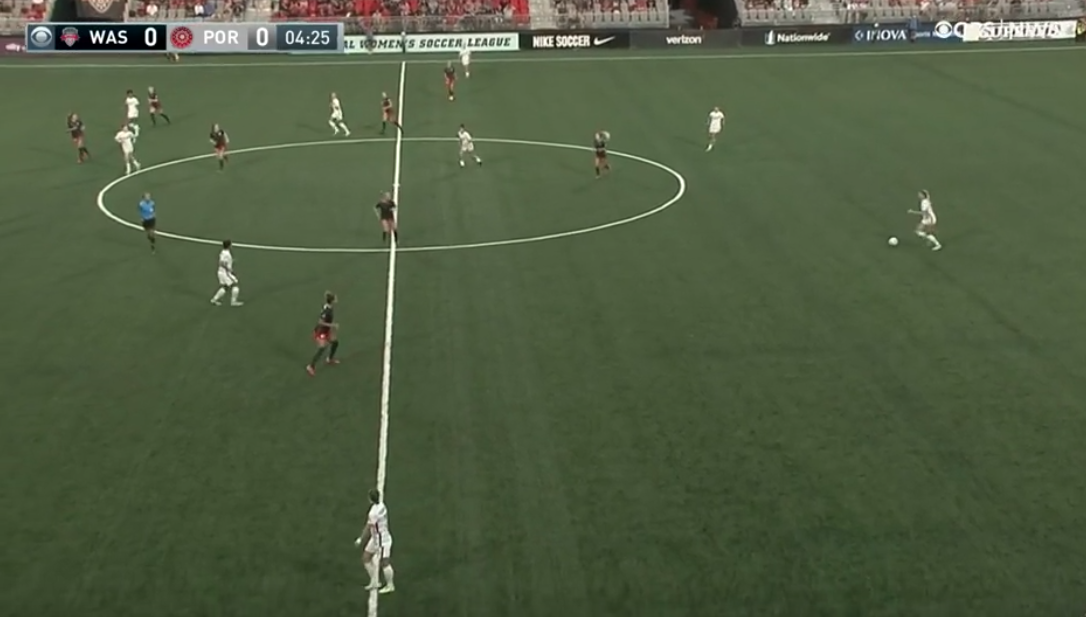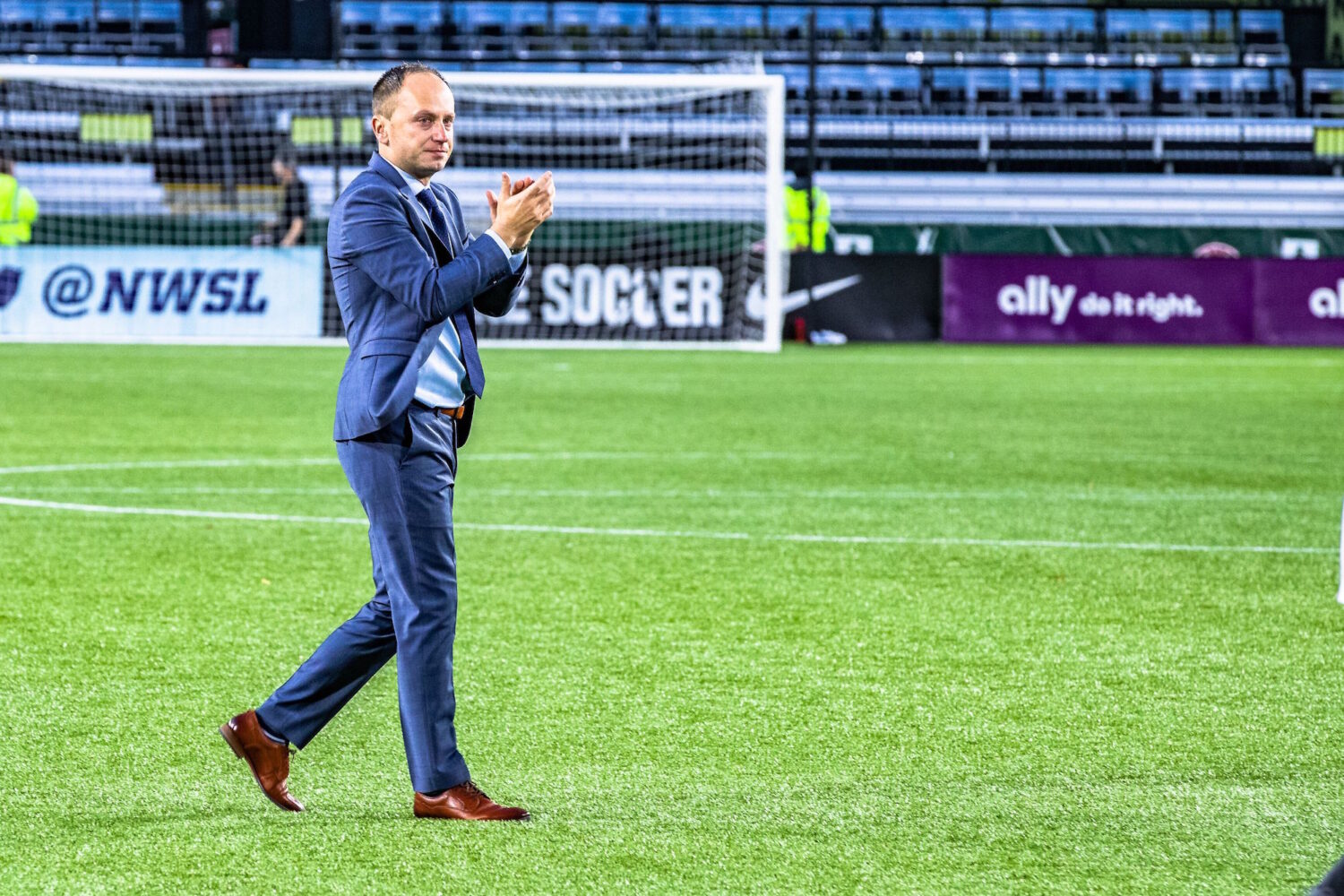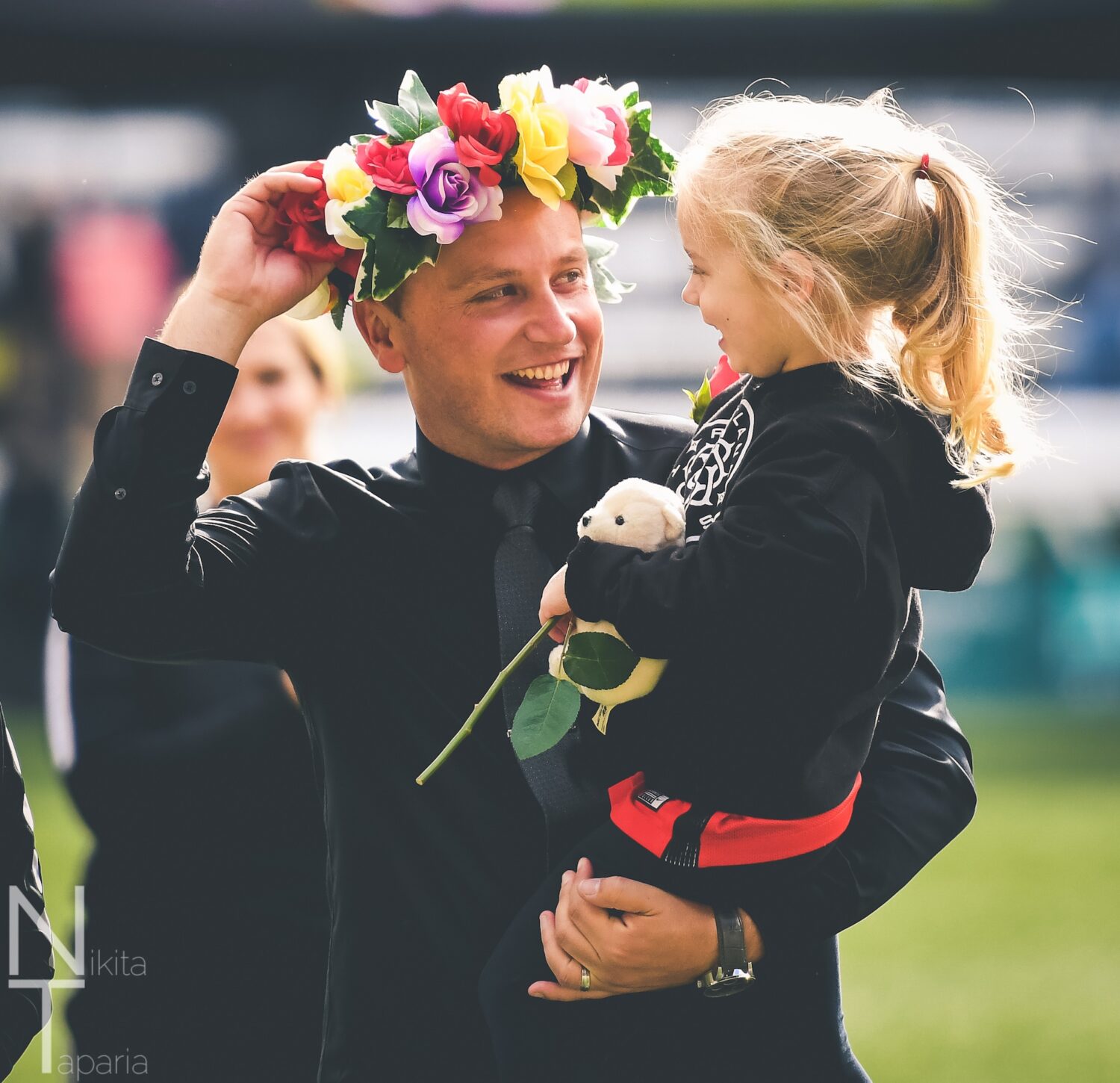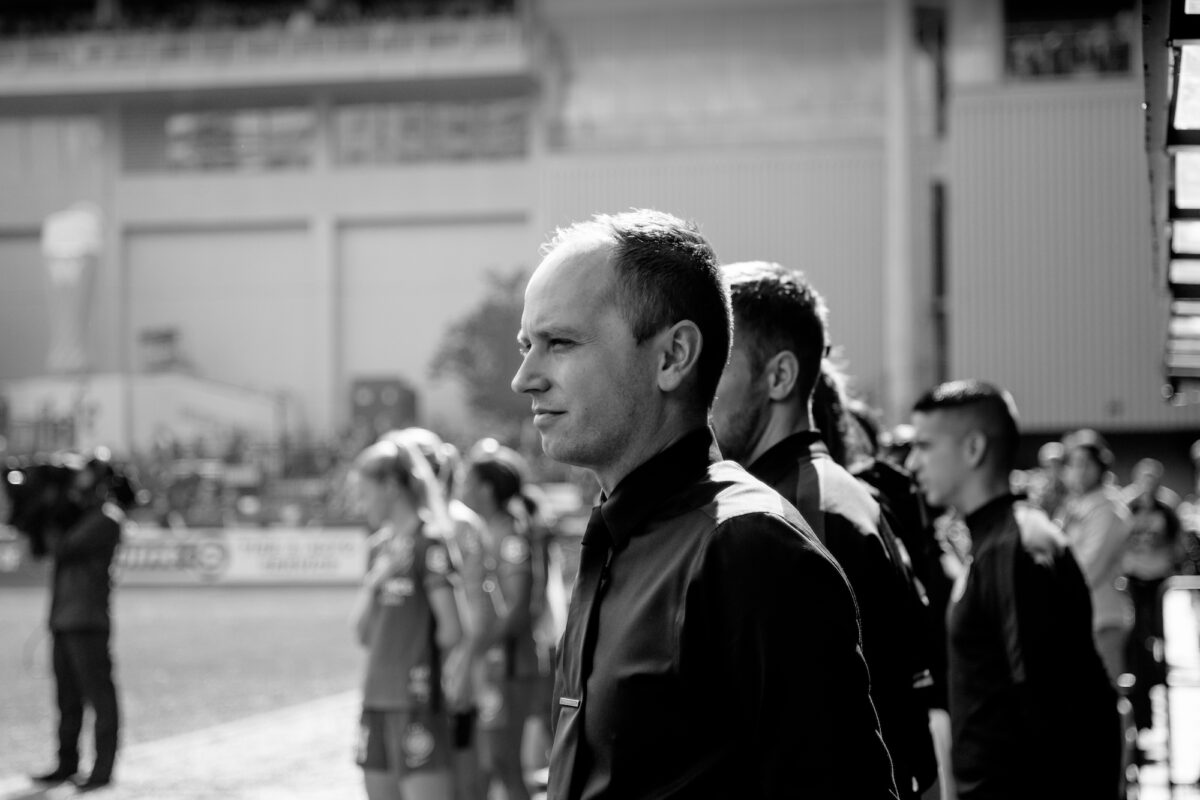I tried to write about Mark Parsons, who recently completed his sixth and final season as the coach of the Portland Thorns. It didn’t work. Instead I just thought about the passage of time and my experience of it. That’s what this is:
Aniccā (Impermanence)
I was 16 the first time I felt old. I was in the hall at South Eugene High School and something involving a slightly younger person happened—I have completely forgotten what—but I remember with crystalline clarity that suddenly I felt like this:

It’s absurd to feel old at 16, or perhaps any of the ages that I have been thus far. But the essence of feeling old has nothing to do with objective age. It’s about being old-er. Thus, it is possible to feel old at almost any age. One of the main ways to feel old is what I felt in the hallway that day: realizing that you know things that younger people do not.
Sometimes you look at a younger person and think, “How could you care so much about [thing]?” Sometimes you look at them and think, “Good lord, don’t do that.” Sometimes, a little cruelly, it’s “Just wait until [bad thing happens].”
The other face of feeling old (aside from mysterious bodily pain, which I would not experience until some years after the hallway incident) is the sense that the world and the people in it have shifted under your feet. You drive by a house you used to live in and it’s been painted and had all the leaky windows replaced, or it’s not a house at all anymore, it’s a condo. You go to a Thorns game and it hits you—feeling old always hits you all at once, never incrementally—that there are only two players on the roster who were there when you started your foolish little hobby of writing about them whether anybody wanted you to or not.
This is all a roundabout way of saying: things change. The “they knocked my old house down” feeling and the “what do you kids know” feeling are two sides of the same coin. Something goes away, something else gets renewed. Everything dies, and the wellspring of youth is infinite. That’s all you can count on.

Anattā (Not-self)
Where is the essence of a soccer team to be found? Is it in the players? The stadium? The manager? The ownership? The fans? Clearly not: almost all of those things have changed for the Thorns over the last six years. If they are all changeable, how can we say that a club that exists today also existed nine years ago? 20? 100?
During the pandemic, I aged a good 10 years. That was the effect of more or less sitting in my house doing absolutely fuck all for something like 15 months. What I mean is that the experience was ultimately good for me.
For instance, one night last spring I realized that I’d been waking up with a vague fear tickling at the corners of my mind every day for months. Upon reflection, I realized that the fear was the fear of death, that it was probably time to deal with that fear head on, and further, that nothing in my life had given me the tools to do so. I decided to look for God.
In that hallway at South Eugene High School, 15 years ago (15 normal Earth years, not 15 pandemic years), I’d never have believed I would one day write that sentence. But I’m not that old-feeling 16-year-old anymore. You sit around long enough, becoming incrementally more Patty-and-Selma-like all the time, and eventually you might realize that the question—the question, the only question, the burning, impossible question—isn’t “does God exist,” or “what am I supposed to do while I’m here,” but “why is there something instead of nothing?” The answer to the question, which is unanswerable, is the thing we call “God.” That is what I have come to think, anyway.
I bring this up because 1) becoming curious about the nature of the universe was what led me, in a roundabout way, to the title and structure of this article, and 2) to illustrate that things will happen to you that you don’t expect. You will change in ways that might not make sense. This is both wonderful and terrifying: wonderful because it means that you are never stuck one way; terrifying because it also means that there’s no “you” to speak of, really. Not one that persists, or is under your control.
The me I was in 2007 is no more or less me than the one I was when I started to think about death last spring. The only one that exists at all is the one typing these words right now.
The Portland Thorns, too, are only ever exactly as they are in a given moment. There’s no higher level of abstraction. At one moment in 2016, they were this:

Once earlier this year, they were this:

Another time, they were this:

So right at this moment, what are the Portland Thorns? Where can I go to see them?
Inevitably, we have to conclude that they do not exist. We use their name as a semantic convenience, but it does not point to any continuous thing. The Thorns are not Mark Parsons, AD Franch, Midge Purce, or “Iko Iko”. Nor are they Sophia Smith, a big red drum, Gavin Wilkinson, Rhian Wilkinson, or even Christine Sinclair. They are not a pressing team or a counterattacking team. They are not defensively sound, nor do they have trouble finishing. They are simply there, or not.

Duḥkha (Suffering)
The supply of suffering is infinite. It is the sting of a playoff loss, the sunburn one gets at an afternoon game in August. It is when Tobin Heath’s rights get snapped up in an expansion draft for no good reason.
We cannot stop these things from happening (please do wear sunscreen). Pain will happen. Loss will happen. Suffering is adjacent, but different: its root is in clinging. We cling to players and coaches, clearly. We cling to the idea of winning everything, to the high of a championship, to the moment when a player is one on one with the keeper and is surely, surely going to score. There is nothing here (see above). It’s like trying to scoop up sand with a sieve. Once we understand this, we can begin to get free.
It is only in letting go that we can fully experience anything. If we relinquish expectation, we start to feel that the very fact of the game is a miracle. The weight and texture of the ball, the sun and the rain, the existence of feet. We see that the moment a player is one on one with the keeper is a spark of magic, regardless of what happens next (what happens next doesn’t exist, until it does). The goal itself is an unalloyed joy, if we let it stand by itself.
Even the pain of loss, if we look at it right, is a thing to experience, to open ourselves up to. It doesn’t last. Or you might feel it today, but not tomorrow, and then again the next day. It is not us.
In this way, nothing is ever old. Everything is as new as the moment when we take it in. The world is remade in each moment, and so are we. May we always remember this. May we never feel old.


